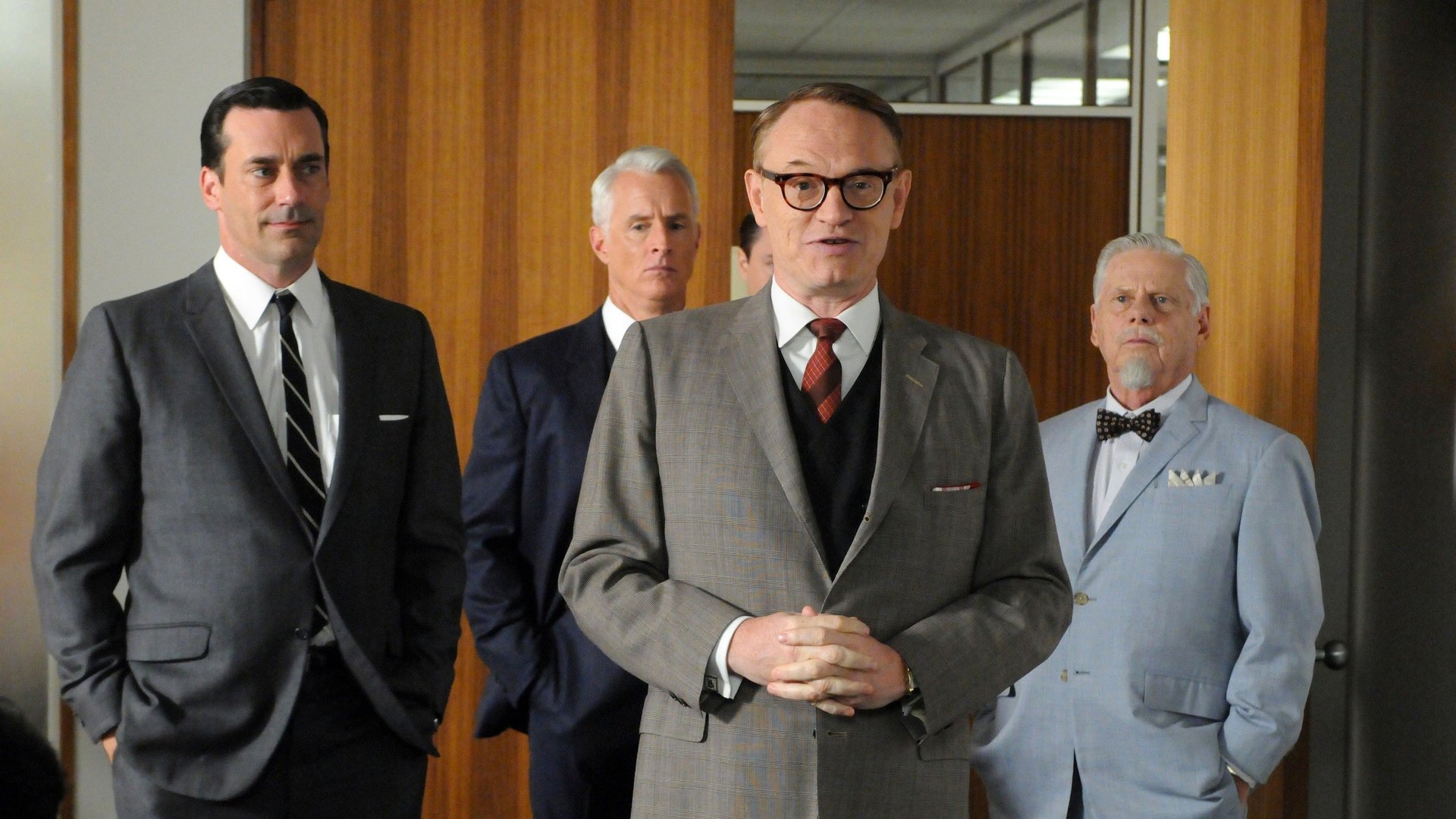Men sleeping with junior colleagues is old news, but boards urgently outing them is new
This item has been corrected.


This item has been corrected.
Is the era of “Mad Men” over at last?
Affairs between executives and subordinates have always been around, but for some reason, this has been the year of punishment and reckoning for the culprits. More than one leader was subjected to public humiliation the likes of which has not been seen in the US since President Bill Clinton’s impeachment hearings over his affair with Monica Lewinsky.
On Nov. 9, Lockheed Martin’s CEO-in-waiting Christopher Kubasik resigned after an affair with a subordinate came to light; on the same day, General David Petraeus resigned as CIA head over disclosure of an affair with his biographer. In February of this year, Steve MacMillan was forced to resign as CEO of medical-technology firm Stryker after an affair with an employee, and in May, the CEO of Best Buy, Brian Dunn, was forced to quit over an “extremely close personal relationship” with a young female colleague, and the founder and chairman, Richard Schulze, was then forced out too for failing to disclose the affair to his company’s board.
Elaine Eisenman, dean of executive and enterprise education at Babson College in Wellesley, Massachusetts, and a director at shoe retailer DSW Inc. told Bloomberg, “It’s more zero tolerance. It used to be more of the boy’s club—more of a ‘wink, wink’ situation. Now ‘wink, wink’ doesn’t work anymore.”
Attorney Aitan Goldman, a partner at Zuckerman Spader in Washington, DC, concurs. He told Quartz, “The changing trend isn’t so much because of a legal doctrine as an evolution of social mores. A thing that wouldn’t have raised eyebrows a generation ago is now brought into the spotlight.” He added that the role and image of the CEO has changed over the years. “Someone like Steve Jobs was not just a CEO, he was an icon. If he had done something bad, it would have been detrimental to the branding.”
Furthermore, said Goldman, technology has made whistle-blowing a matter that boards feel they have to deal with much more urgently than before. “The email age makes it difficult to ‘see no evil hear no evil’. If there is no documentary record of something and only rumors, boards don’t act on hearsay. But if there is a written record, [they have to act].”
Correction: An earlier version of this story incorrectly suggested that Richard Schulze, rather than Brian Dunn, was the Best Buy executive who had had a relationship with a female colleaugue.